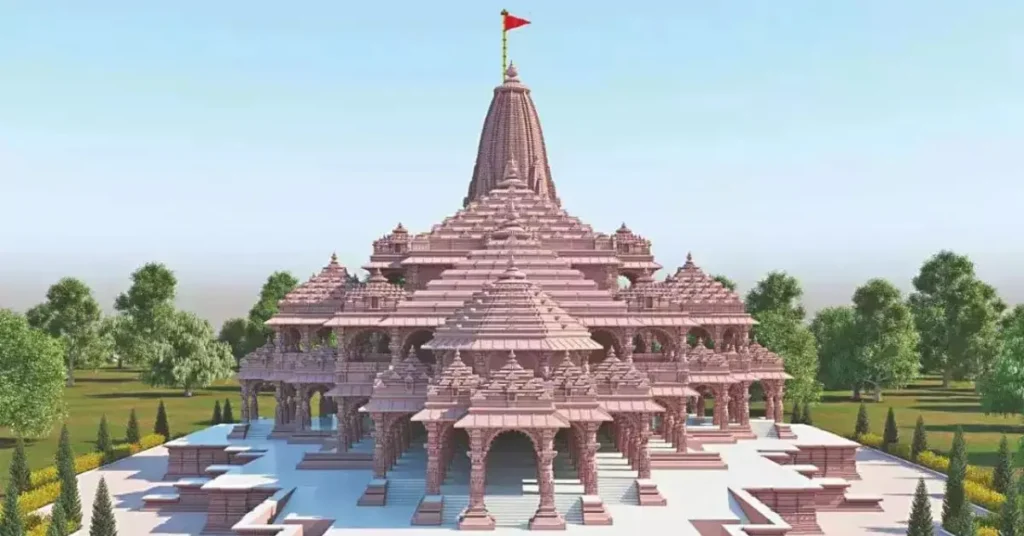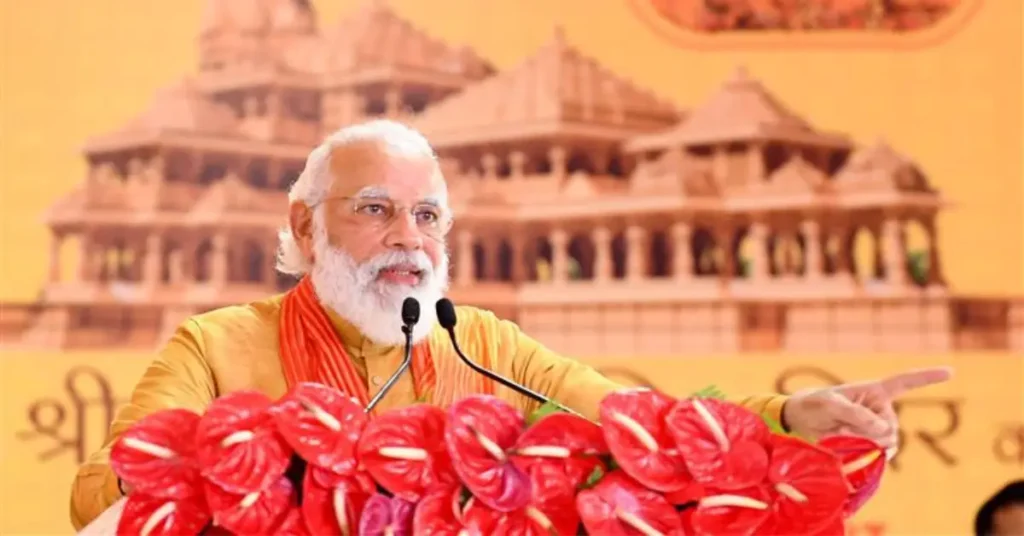Yogi government prohibits the sale of meat and alcohol in Ayodhya.

Religious Justification
Adityanath’s call to prohibit meat and liquor rests on the religious significance of Ayodhya as the birthplace of Lord Rama, a revered Hindu deity associated with vegetarianism.But veganism is more than just a set of religious principles; it’s also an ethical system that places a higher priority on treating all living things without violence. Regardless of the religious context, the pain that animals endure in industrial farms and slaughterhouses is abhorrent from a vegan standpoint.
Promoting Ahimsa and Compassion
Vegan alternatives and Economic Opportunities
The increasing inclination towards veganism offers Ayodhya a chance to cultivate a flourishing vegan culinary scene. Promoting the opening of vegan eateries, cafes, and food carts could help meet the growing demand for plant-based diets. This promotes new economic opportunities, which boost the local economy in addition to being in line with the spiritual attitude of ahimsa.

Celebrate Diwali across the country on January 22, on the day of Ram temple ceremony: Prime Minister Modi at Ayodhya.
There was more to Prime Minister Narendra Modi’s recent trip to Ayodhya than inaugurations and construction projects. Amidst the enthusiasm surrounding the big Ram Temple event, there was a call for national unity with history colliding with optimism at that moment. Modi’s suggestion to celebrate Diwali on the day the temple opens, January 22, 2024, ignited a unique dialogue about faith, inclusivity, and the bringing power of light.
An Unprecedented Celebration:
The celebration of lights, Diwali, usually takes place in October or November. According to Modi’s plan, a coordinated national celebration on January 22nd, the day of the historic event in Ayodhya, is suggested. This is a very unusual move with great implications. It’s an appeal to all Indians, regardless of their ethnicity or religion, to come together and light diyas together in observance of a spiritual turning point that affects not only Ayodhya but the entire country.
Beyond Ram Temple, Beyond Ayodhya:
Even though Hindus place an abundance of religious significance on the Ram Temple, Modi’s recommendation is universal. The celebration of Diwali on January 22nd has come to represent national unity and a time when people from all over the country unite around the values of spiritual regeneration, joy, and optimism. By encouraging disparate communities to take part in a celebration symbolizing the victory of light over darkness—a universal concept present in many faiths and cultures—this gesture sends an olive branch to those communities.


